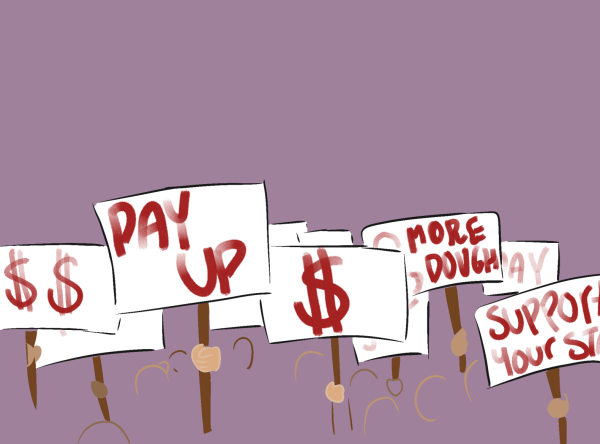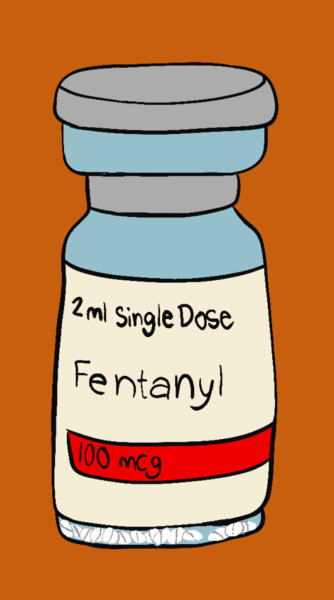Impeachment-in-Brief #2
December 10, 2019
Last month, the House of Representatives formally held two weeks of public testimony on the July 25 Trump-Ukraine call, which initially prompted impeachment investigations. Here are the most noteworthy developments and their implications in the ongoing inquiry.
Public Testimonies
The public hearings were led by House Intelligence Committee Chairman Adam Schiff (D-Calif.) and ranking member Devin Nunes (R-Calif.), with the opportunity for other Democratic and Republican lawmakers to question witnesses as well. The hearings began with the testimony of William Taylor, diplomat at the US embassy in Ukraine. While he had previously testified behind closed doors, he provided a new piece of key information: that one of his staff members, political counselor David Holmes, had been present during a call between Gordon Sondland and President Trump on July 26 in which he had overheard Trump asking Sondland about “the investigations” Trump wanted Ukraine to carry out. After the call, Taylor further explained that Holmes had asked Sondland about Trump’s thoughts on Ukraine, to which he replied that Trump cared more about the investigations into the Bidens.
More key testimony was that of Marie Yovanovitch, the former US ambassador to Ukraine who was removed from her post in May of this year. Yovanovitch commenced by describing the peculiarity of her removal against the backdrop of her extensive diplomatic experience and fight against corruption in Ukraine. However, her testimony was interrupted by notice of a tweet by Trump in which he claimed that “everywhere” Yovanovitch had gone as a diplomat had “turned bad.” In response, Yovanovitch called the tweet “very intimidating,” making witness intimidation another potential impeachment article.
Finally, Gordon Sondland, US ambassador to the EU, asserted in more key testimony that he had worked with Giuliani on Ukraine objectives at the direction of Trump and had also had several conversations with Trump about opening investigations into the Bidens. When asked about whether there was truly a pressure exchange between Trump and Zelensky, he also confirmed that “Everyone was in the loop. It was no secret.”
Trump/White House Response
When it comes to Republican officials’ responses to the public hearings, they are generally continuing to stand by Trump and his actions. House Republicans compiled a list of people they wanted to add to the open hearings as they were being originally scheduled, and were granted some of their requests, like Kurt Volker, special envoy to Ukraine, and Tim Morrision, former National Security Council official. Additionally, President Trump and his allies responded specifically to the testimonies of Taylor and other key officials by pointing out that they didn’t know the President enough for their testimonies to be relevant. Additionally, the White House requested that the original whistleblower be a witness at the hearings; however, due to the official’s desire to remain anonymous, Schiff and the Intelligence Committee rejected this request. Finally, on Nov. 15, the White House released the transcript of an April call between Trump and Ukraine president Volodymyr Zelensky right after his election, in which Trump congratulated Zelensky and invited him to the White House. Because there was no mention of the investigations Trump would raise later, the transcript was released in hopes of demonstrating Trump’s concern for the welfare of Ukraine, which he has repeatedly cited as his reason for calling for investigations in the first place.
Impeachment report in Judiciary Committee
After two full weeks of public testimony conducted by the House Intelligence Committee, the entire House took a vote on Dec. 3 to publish a 300-page impeachment report on the proceedings during the last two months. The report charged President Trump for misconduct in dealings with Ukraine and the White House for obstruction of Congress since it had previously ignored numerous requests for witnesses during the investigation. The vote allowed the report to be passed on to the House Judiciary Committee, which began holding its own hearings as it considered moving forward on articles of impeachment. During the first hearings on Dec. 4, four constitutional lawyers were invited to discuss terms for impeachment, specifically what constitutes “high crimes and misdemeanors,” the original grounds for impeachment listed in the Constitution. They concluded that Trump’s actions in Ukraine alone were enough to warrant impeachment. Additionally, the Judiciary Committee convened a hearing for Dec. 9 to allow Judiciary and Intelligence Committee lawyers to formally present evidence collected from the two months of testimony, which would allow a formal vote on impeachment to be taken by today, the last day Congress is scheduled to be in session this year.









